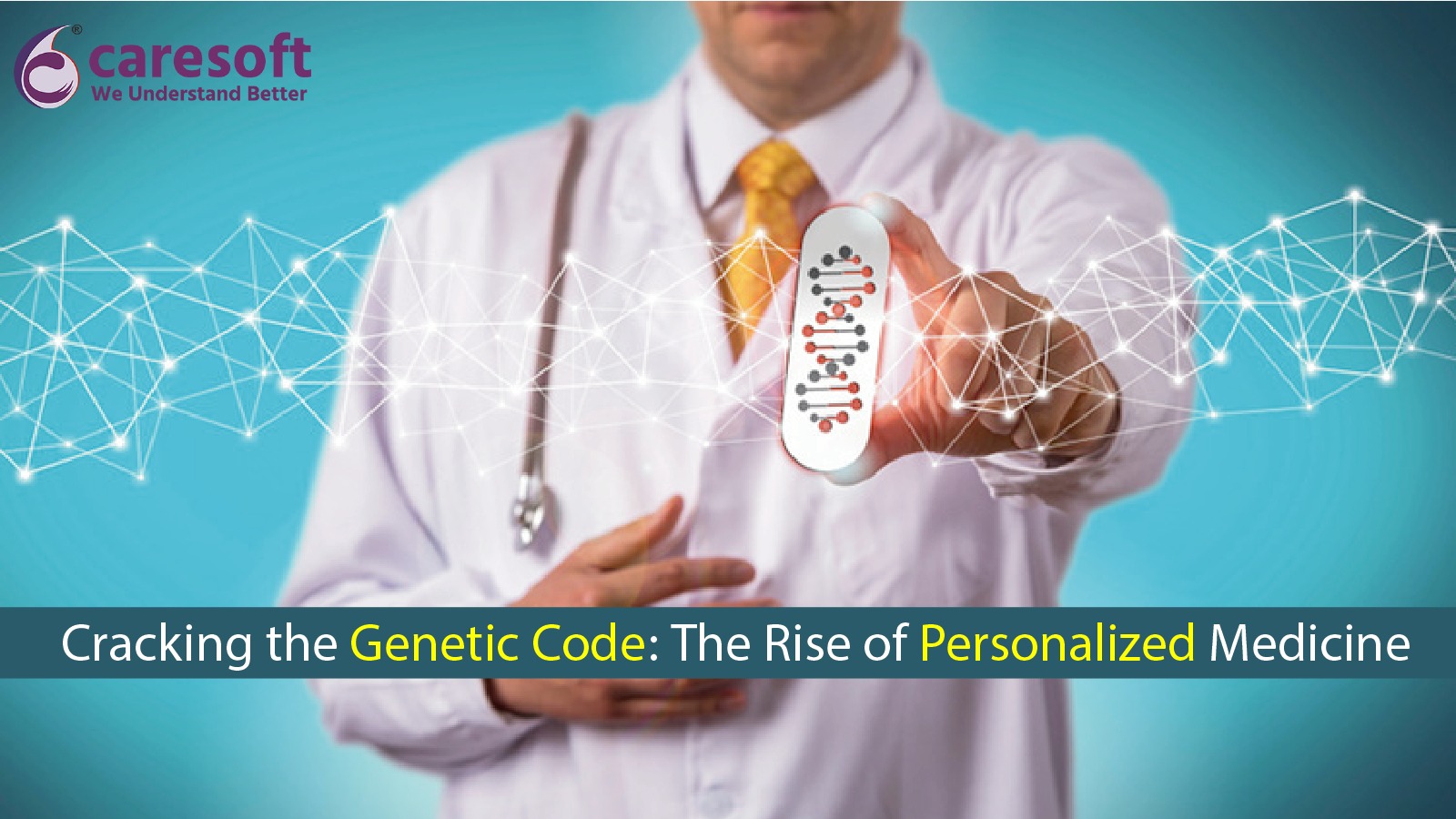Personalized medicine and genomics revolutionize healthcare by tailoring treatment to individual genetic profiles. By analysing a patient’s genetic data, healthcare providers can develop targeted therapies, predict treatment response, and improve patient outcomes. This approach transforms the way we diagnose, treat, and prevent diseases, leading to more effective and precise care.
Personalized medicine and genomics are revolutionizing healthcare by tailoring medical treatment to individual patients based on their unique genetic profiles. This approach enables healthcare providers to offer targeted and effective treatments, reducing the risk of adverse reactions and improving patient outcomes.
Genomics, the study of genes and their functions, has led to a better understanding of how genetic variations affect disease susceptibility and treatment response.
By analysing a patient’s genetic data, healthcare providers can:
1. Identify genetic risk factors for certain diseases
2. Develop targeted therapies and medications
3. Predict treatment response and potential side effects
4. Create personalized treatment plans
Personalized medicine has numerous applications, including:
1. Cancer treatment: Genomic analysis helps identify specific cancer biomarkers, enabling targeted therapies and improved treatment outcomes.
2. Pharmacogenomics: Genetic data informs medication selection and dosage, reducing adverse reactions and improving efficacy.
3. Rare genetic disorders: Personalized treatment plans can be developed for patients with rare genetic conditions.
4. Precision medicine: Genomic data is used to develop targeted therapies for complex diseases like diabetes and heart disease.
The 10 benefits of personalized medicine and genomics include :
1. Improved diagnosis accuracy
2. More precise treatment
3. Reduced side effects
4. Prevention strategies based on genetic risk
5. Better patient outcomes
6. Targeted treatment strategies based on a patient’s genetic makeup
7. Minimized risk of adverse drug reactions
8. Identification of genetic risks for certain diseases
9. Reduced trial-and-error prescriptions
10. More cost-effective treatment
However, challenges remain, including:
1. Data interpretation and analysis
2. Ethical considerations surrounding genetic data
3. Ensuring accessibility and equity in personalized medicine
As personalized medicine and genomics continue to evolve, we can expect more effective and targeted treatments, leading to better patient outcomes and improved healthcare overall.

